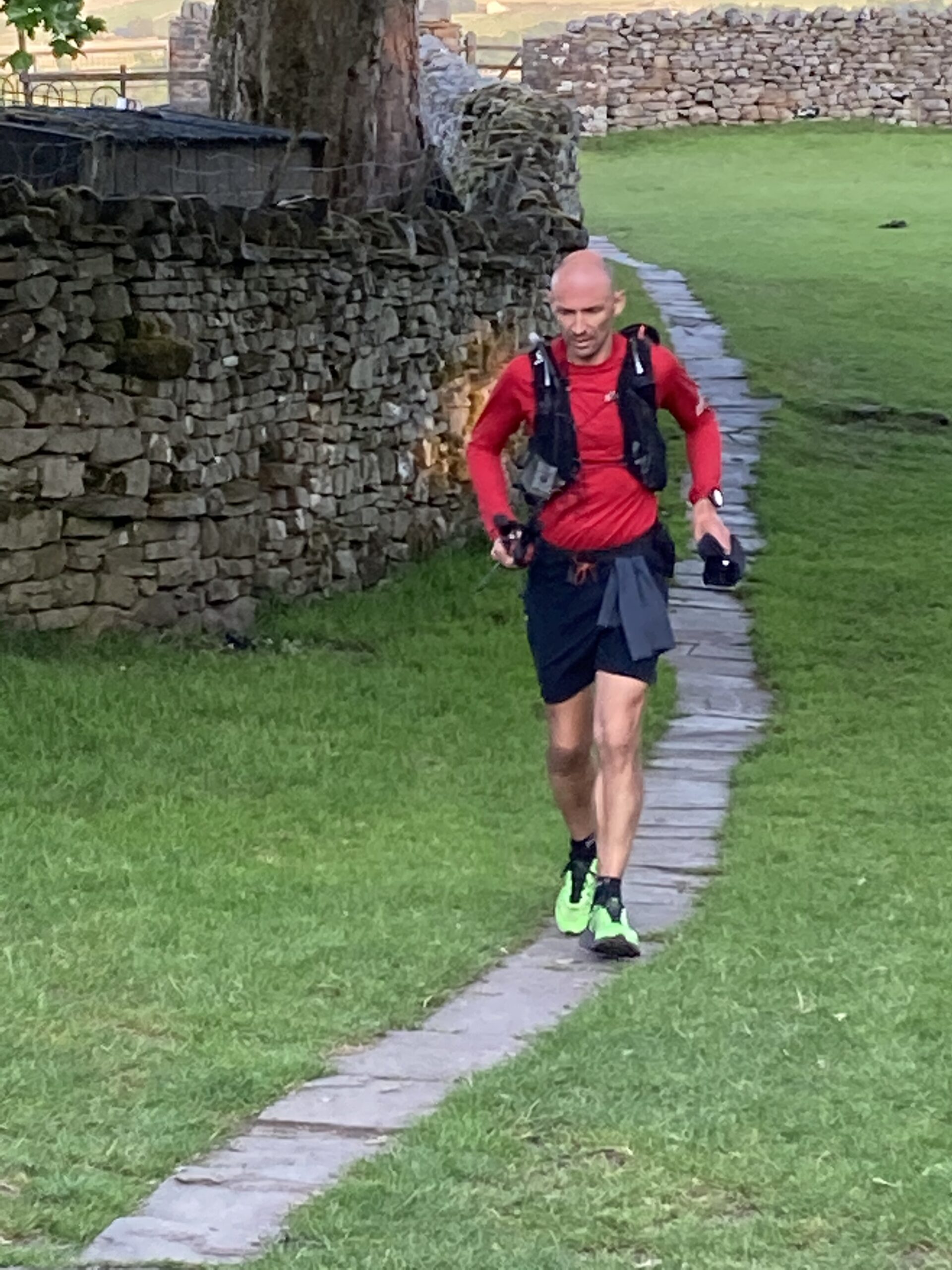
Mental toughness is key to Ultra success
To complete any Ultra you need to be mentally tough. But what is mental toughness? Mental toughness is about resilience and self confidence. It’s about having the focus and determination to overcome the unexpected. It’s your ability to continue in the face of challenges, mistakes, and failure. And the good news is, mental toughness can be developed.

How do you develop mental toughness?
Why, Why, Why….
Preparing for the unexpected
There’s a lot of things that can go wrong over the course of an Ultra. You can’t prepare for every eventuality but thinking through issues will help you build mental strength and have a set of coping mechanisms in place.
- Write a list of everything you can think of that could go wrong
- Work through how you will deal with each item.
Just doing this simple exercise will already mean you are better prepared. However, take it further:
- Now review your list, what can be done to stop that thing happening or minimise the risk?
- implement mitigations (e.g. dehydration risk – develop and implement a hydration strategy and train to it; blisters – tape hotspots before you start, carry a blister kit, deal with hotspots early)
Visualisation
Numerous academic studies have shown the positive benefits of visualisation. This doesn’t have to be some elaborate meditative event, just taking 10 minutes once or twice a week to visualise aspects of your event will help. Visualisation is about preparing your mind and allowing it (and you) to prepare for what’s to come. Things you can visualise include:
- Dealing with fatigue (mental and fatigue).
- Clearing a technical section of the trail without tripping or falling.
- The feeling of environmental factors (examples are altitude, heat, humidity or cold) so that they do not come as a shock on race day
- Getting everything needed (i.e. hydration vest) in an aid station before exiting.
- The sense of accomplishment at the finish, who is there, how will you celebrate?
Overcoming your Fears
Set targets, build habits
Mental Fatigue
ADAPT (and overcome)
‘Stuff’ happens on an Ultra, likely when you are not expecting it. When the inevitable curve ball arrives we like the ADAPT acronym, not only for training but also for race day. ADAPT stands for:
- ACCEPT – accept the circumstances and don’t allow them to completely derail you. Worse than that don’t project forwards, e.g. if I feel this bad now, how will I feel in 10 miles time? In an Ultra event, and in training, stay focused on, and deal with the present.
- DIAGNOSE – What is the issue? But be honest with yourself, there is no time for blame or reflection in an Ultra.
- ANALYSE – what can I do about it? what are my options? Are there any negative consequences to my actions (i.e. breaking rules and being disqualified, or making an injury worse)
- PLAN – select an option and form a plan to OVERCOME your problem.
- TAKE ACTION – Now you’ve thought (rationally and logically!) through the issue time to get on with fixing it! Get back on track and put it behind you. The past can’t be changed, learnt from maybe, but for now you have a goal to achieve so that can all wait for the debrief later!
As an example, my feet were killing me, I knew that in 10 miles there was a really rough section, I started to fear that section. Using ADAPT, I accepted my situation, the foot pain kind of happens 75 miles in! The issue was mostly in my head, and it was in the future. My options were simple, let it beat me into quitting, or ease off the pace a little and see how my feet felt when I got to the rough section. So the plan was easy, get to the rough section and then see what happened…which was largely nothing, my feet had recovered sufficiently!